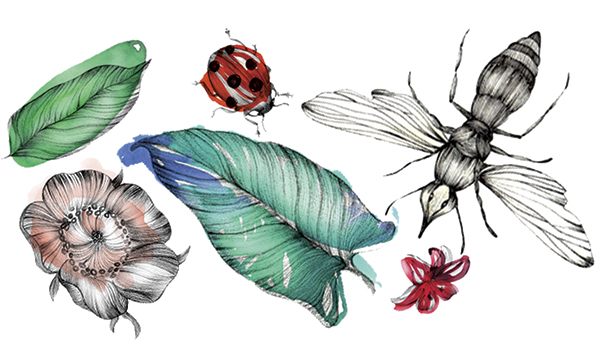It said “hole to Kent” in the catalogue. These things happen. But the volume of Camden’s Britannia translated by Philemon Holland (second edition, 1637) was still expected to fetch £1,500.
To me the catalogue was very exciting. I do like books, and the 300 lots sketched a history of bookish interest in Britain from the Middle Ages to the nineteenth century. Not just Bede via Thomas More to Dickens, but the History Against the Pagans by Paulus Orosius, which King Alfred translated.
Orosius was a pupil of St Augustine and got his retaliation in first against Edward Gibbon’s anti-religious narrative, by showing that the fall of the Roman Empire wasn’t the Christians’ fault. The copy on sale was printed in 1482, in Vicenza, and was estimated to sell for £800. But it had been washed. Yes, books can be washed. They unpick the binding and give each spread of pages a good old soak. The trouble is that they come out of it dull and the marginalia from old scholars look like they were written in gravy. Never mind.
These books were being put up for sale by Rugby School. Durandus (1230-96) on liturgy, Jacobus de Voragine (1230-98) on the lives of the saints, Bartholomew the Englishman (1203-72) on every subject in his immensely influential encyclopedia (yours, perhaps, for £6,000). These were incunabula, early printed books. But why would the school want to sell them?
18 November 2020, The Tablet
Yes, books can be washed. They unpick the binding and give them a good old soak

Get Instant Access
Continue Reading
Register for free to read this article in full
Subscribe for unlimited access
From just £30 quarterly
Complete access to all Tablet website content including all premium content.
The full weekly edition in print and digital including our 179 years archive.
PDF version to view on iPad, iPhone or computer.
Already a subscriber? Login


